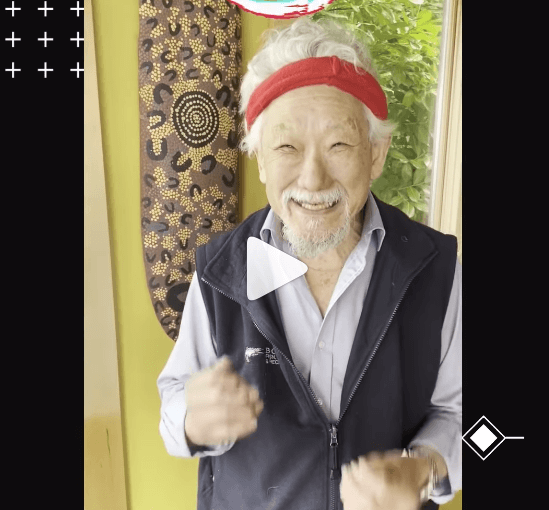
If we want to encourage youth to vote, we need to start by building new and relevant relationships with them. (Photo: Monstera via Pexels)
It is no secret that the youth vote is crucial in the June 2 Ontario election.
Youth in Ontario are diverse, connected, socially engaged and educated. They are also facing challenges of social exclusion and inequity.
To understand how a group of people can be so well connected and still face isolation, we must look into the way youth form and have meaningful conversations.
Nearly 100 per cent of youth aged 15 to 24 use the internet daily, relying on it for information about current affairs and politics. Yet, being socially and civically engaged does not increase the likelihood that youth will cast ballots.
Although it is easy to think that youth spend most of their time online, this does not reflect the nuanced reality — which brings us to the power of holistic mobilization.
Holistic mobilization is a key way of ensuring that young people feel heard and are motivated to vote in line with their priorities. This is especially true for Black, Indigenous and youth of colour. Research shows that cultural identity and representation can affect participation in elections.
Holistic mobilization is a key way of ensuring that young people feel heard and are motivated to vote in line with their priorities.
To mobilize this support, however, more work needs to be done to engage youth outside of their online presence. To push for the youth vote, understanding youth values, cultures and lifestyles is critical.
The David Suzuki Foundation is doing this by hiring a youth lead for its Ontario election work, as well as tapping into the cultural diversity of Ontario youth. By hosting a workshop on social belonging, artistic expression and faith-based approaches to environmental action, the foundation is diving into the areas where youth interact in their day-to-day lives.
A report outlining key insights for youth engagement with elections found family networks were still high among the places youth hear about and have meaningful conversations about politics.
With the pandemic shifting the way young people live, it is no surprise that more than half in Toronto are living with their parents. This makes family engagement with elections a gateway to connecting with them.
By hosting a workshop on social belonging, artistic expression and faith-based approaches to environmental action, the foundation is diving into the areas where youth interact in their day-to-day lives.
To help support this dialogue, the foundation is also releasing multilingual voter guides and speaking to multicultural media in the GTA about the importance of voting with the environment in mind.
Almost 74 per cent of Canadian youth have friends or are themselves a part of a minority ethnic group. Additionally, in Toronto, almost 76 per cent of youth are or have at least one parent who is an immigrant.
The foundation is embracing this diversity by releasing voter guides in six languages: English, French, Punjabi, Urdu, Arabic and Mandarin. They offer a way for diverse youth to talk to their families about their priorities during the elections. The guides are being distributed in places such as mosques, temples, community restaurants and multilingual newspapers.
The foundation urges others hoping to mobilize youth to follow in building deep and meaningful relationships with youth and the communities they come from. Online tactics work well to inform large audiences, but they do not replace meaningful representation and conversation.
If we want to encourage youth to vote, we need to start by building new and relevant relationships with them.
This op-ed was originally published in The Hamilton Spectator
Our work
Always grounded in sound evidence, the David Suzuki Foundation empowers people to take action in their communities on the environmental challenges we collectively face.




